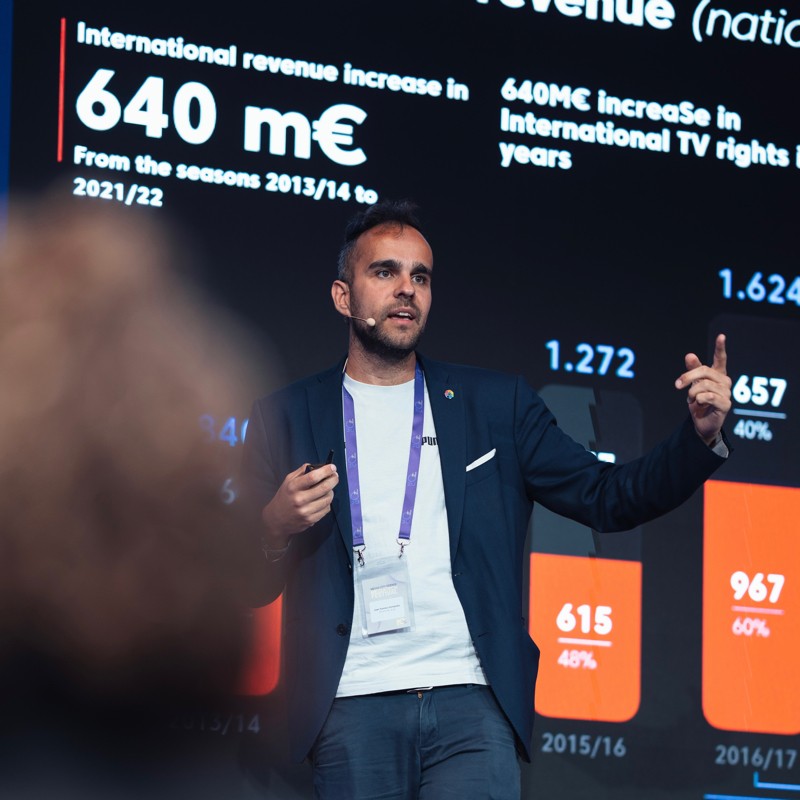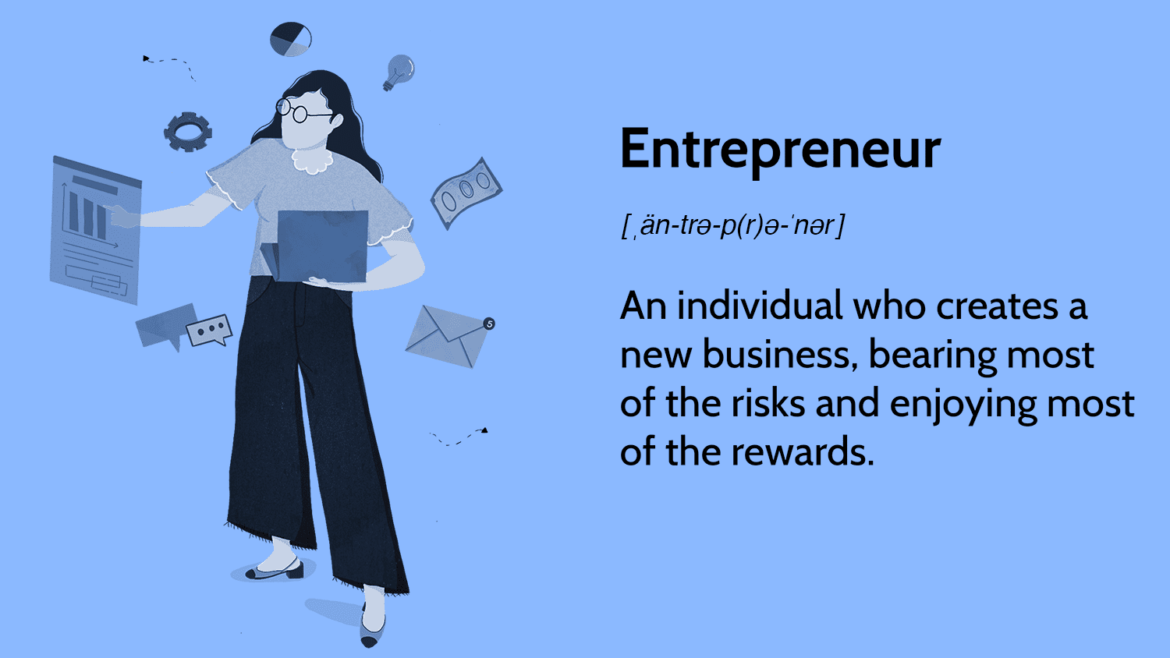From Research to Startups
From Research to Startups https://theraise.eu/wp-content/uploads/2024/02/how-to-scale-a-startup.png 840 512 RAISE fosters startup growth and scale-up within and across Europe https://theraise.eu/wp-content/uploads/2024/02/how-to-scale-a-startup.pngLet’s talk about something super cool: turning research into startups! It’s like taking all the smart stuff we learn in school and turning it into something real that can help people. Adriana Bankston knows all about this journey, and she’s got some awesome insights to share.
First off, Adriana says it’s super important to turn research into real-life startups. She’s seen students do this magic trick, going from working in labs to starting their own businesses. But here’s the thing – it’s not easy! We need to build a bridge between all the brainy stuff we learn in school and the skills we need to run a business.
That means giving students a taste of what it’s like in the real world. We’re talking about teaching them how to be entrepreneurs and giving them hands-on experience. This way, they can learn stuff that you can’t find in books or labs.
Adriana also says that besides knowing all the science stuff, we gotta be good at thinking on our feet and leading a team. These skills are super important for running a business. She thinks we should start learning these things early on, so we’re ready to tackle any problem that comes our way.
And guess what? It’s not just for students – anyone who’s interested in starting their own business can start building these skills too. The earlier we start, the better prepared we’ll be for the wild world of startups.
But who’s gonna help us learn all this stuff? Adriana says universities have a big role to play. They should create more programs to teach us about startups and connect us with people who can help us get started. And it’s not just happening at big universities – even smaller ones are getting in on the action!
So, what’s the big takeaway from all this? Well, turning research into startups is super important for making cool ideas into real-life solutions. With a little bit of know-how and a whole lot of determination, we can change the world, one startup at a time.
About the Speakers and Mentors
Adriana Bankston
Adriana Bankston is a former bench scientist turned science policy expert, with a wealth of experience in research and academic policy changes within university settings. Her career was dedicated to showcasing research discoveries on a broader scale. Notably, Adriana also led a non-profit organisation and held various entrepreneurial roles, connecting with professionals worldwide.

Adriana’s role as a senior fellow in science policy with the Federation of American Scientists showcased her expertise in policy entrepreneurship. Her work at this non-profit mirrored the dynamic nature of a startup, making her well-equipped to discuss the convergence of science and policy.
Based in Washington, DC, USA, Adriana was ideally positioned to offer valuable insights into research-powered innovation, real-world impact, and the art of building strategic partnerships and talent scouting. Her diverse background and passion for research made her a dynamic speaker for discussions surrounding innovation, collaboration, and talent development.
To learn more about Adriana:
- Website: adrianabankston.com
- Biography: FAS – Adriana Bankston
Juan Fuentes Fernández

Juan Fuentes Fernández, based in Copenhagen, is a seasoned expert with a career spanning over a decade in various areas, including strategy, international business development, PR & Comms, brand and activation management, project and people management, market research, and CSR.
Having worked across Europe, Africa, the Middle East, Asia, and the Americas, Juan’s global perspective is reflected in his extensive professional journey. His notable achievements include:
Professional Experience
- LALIGA Delegate for the Nordic Countries (2021-Present): Appointed by LALIGA, the Spanish football league, Juan leads the growth strategy in Denmark, Sweden, Norway, and Finland.
- LALIGA Delegate for the Middle East (2017-2021): Spearheaded LALIGA’s successful expansion in Egypt, Sudan, and Libya.
- Editor at Oxford Business Group (Philippines): Analyzed emerging economies in the Asia-Pacific region.
- Trade and Investment Advisor for the Embassy of Spain: Represented Spanish interests in Egypt, Lebanon, Sudan, Ethiopia, and Djibouti.
Academic Involvement: Juan’s academic contributions include research and co-authoring a Working Paper for Harvard Business School on LALIGA’s strategic development. He has served as an instructor and master thesis supervisor in various sports management programs in Spain and Europe.
Angel Investor: As an investor, Juan focuses on sports and entertainment-related startups, emphasizing industry validation and expansion. He avoids investments in projects collaborating with LALIGA or seeking collaboration with his organization.
Multidisciplinary Project Coordination: Juan has successfully managed diverse teams for award-winning projects, such as the Spanish-Arabic football dictionary by the Instituto Cervantes and LALIGA, which received the “Publication of the Year 2021” award in Spain.
Recognition and Social Impact: Juan has been shortlisted as a winner in Spain’s inaugural Nova 111 list, particularly in the telecom, media, and entertainment category. Dedicated to social impact, he has volunteered with various NGOs for over a decade and is a member of Common Goal, donating 1% of his salary to support social causes.
Areas of Expertise: Juan Fuentes Fernández excels in entertainment and sports management, international business development, strategy, market research, PR & Comms, brand and activation management, project and people management, CSR initiatives, academic instruction, keynote speaking, and angel investment. His multilingual and multicultural proficiency further enhances his ability to make a significant impact across various sectors.
Photo via Integrio











